
Polarized Training Pathway
In collaboration with Dr. Stephen Seiler, the “father of polarized training,” we have curated everything you need to know about the 80/20 training method.
Coaching endurance athletes is an art, a science, and a craft.
We offer this selection of coaching-related articles, videos, workshops, and guides to help coaches begin to explore the support available for coaches through Fast Talk Labs.
Contact us with your questions, clarifications, or requests at coaches@fasttalklabs.com.

In collaboration with Dr. Stephen Seiler, the “father of polarized training,” we have curated everything you need to know about the 80/20 training method.
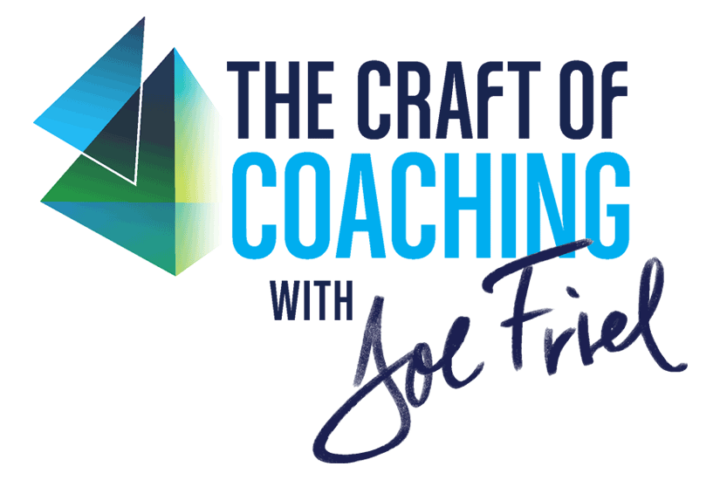
The Craft of Coaching is Joe Friel’s ultimate guide to becoming a better, more successful, and happier coach.
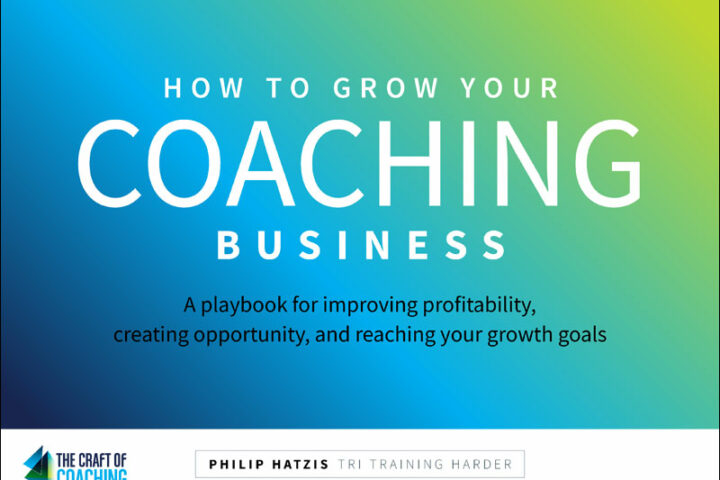
These Playbooks are free downloads that augment the useful content in The Craft of Coaching with Joe Friel through deeper dives into specific aspects of coaching.

Learn advanced data analysis for cycling, triathlon, and running workouts and races. With new data analysis tools, you can make better decisions about your training.
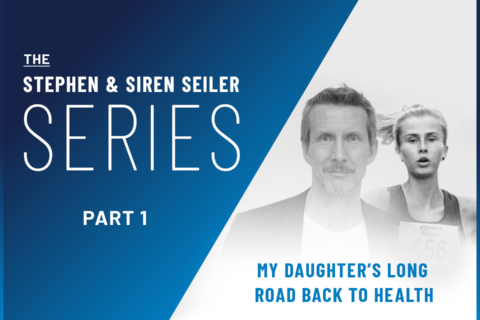
We know him as a sports scientist, but he’s also a father and coach. In this eight-part video series, we see Dr. Stephen Seiler in all three roles as he talks candidly with his daughter Siren about her return to training after struggling with an eating disorder and RED-s.
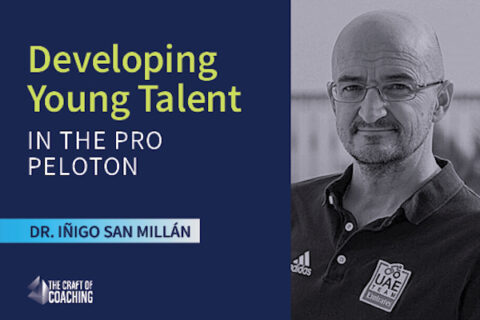
At age 18, Spanish cyclist Juan Ayuso signed with World Tour team UAE Team Emirates. In this podcast, Dr. San Millán discusses Ayuso’s successful move to the pro peloton and the obstacles facing American junior cyclists.
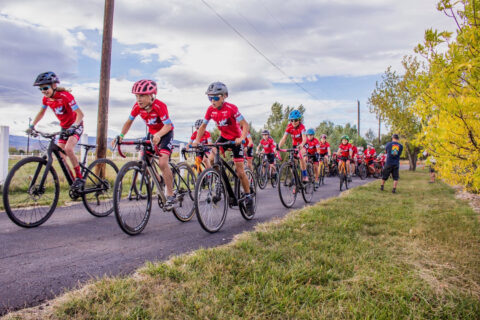
Young athletes need coaches to know more than just skill and execution of sport. Top coaches share what they’ve learned about developing juniors.
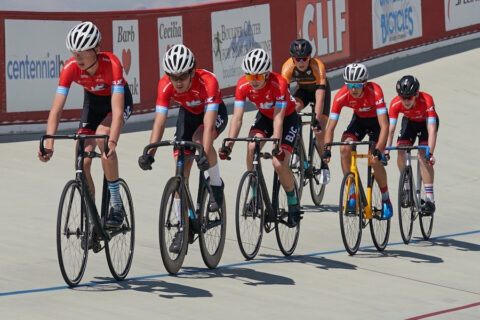
We review some of the key findings in recent research on junior athlete development.
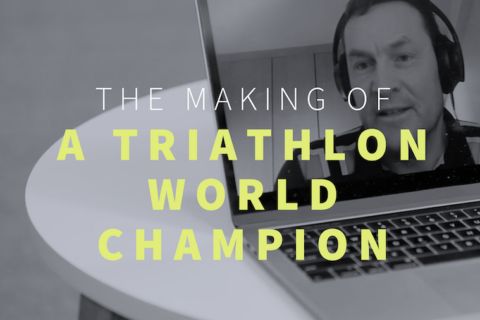
What’s the story behind the rise and development of Olympic champion Kristian Blummenfelt—and what can other coaches learn from it? His coach Arild Tveiten shares his insight with Joe Friel.
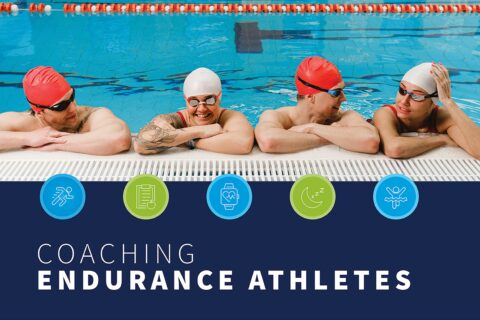
Endurance coaching can be as rewarding as it is challenging, yet knowing how best to tackle those testing times can help make the success stories all the sweeter. In this latest module, we lift the lid on some of the minutiae of endurance coaching.

USA Triathlon’s CEO Victoria Brumfield speaks to the importance of welcoming people from all communities into the endurance sports world.

It can be challenging when athletes aren’t compliant or lack motivation, but it can also be a great opportunity for change or growth.
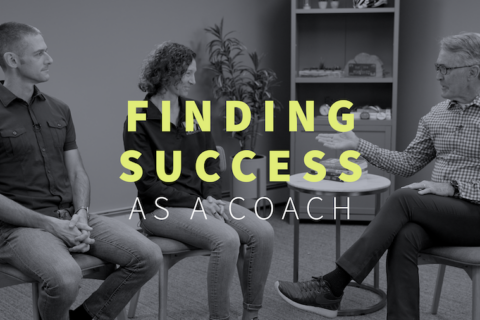
Coaching isn’t always easy, but when those moments of success come, the rewards are often deep and meaningful.

Encouraging your athletes to build self-awareness can bring a myriad of benefits, some more obvious than others.
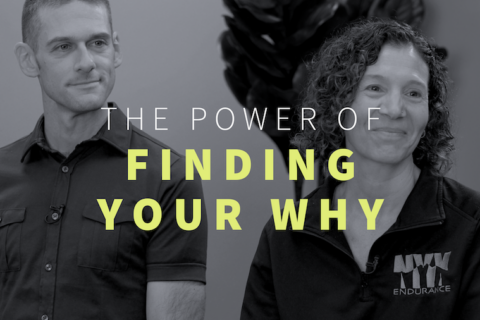
Knowing what energizes you as a coach will cultivate performance. It also creates bandwidth for situations where energy and outcome are not yet dialed.

Taking ownership of the best practices for performance can help the coach-athlete relationship work at its best. Use this list to troubleshoot your existing client relationships.

The lines between life and sport can quickly blur. Difficult issues like weight loss or obsessive behavior can lead to big problems for coaches.

The options for data and devices are endless and some athletes need their coach to intervene. Coaches Ryan Kohler and Alison Freeman describe the metrics that matter most.
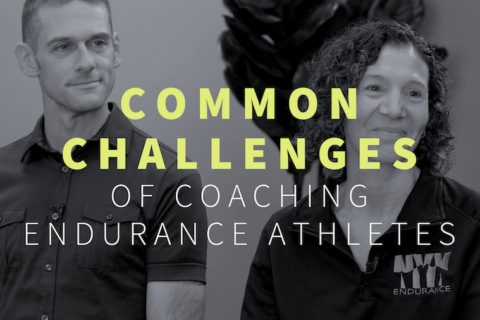
The typical endurance athlete is time-crunched, which triggers a number of challenges for coaches around rest and recovery.
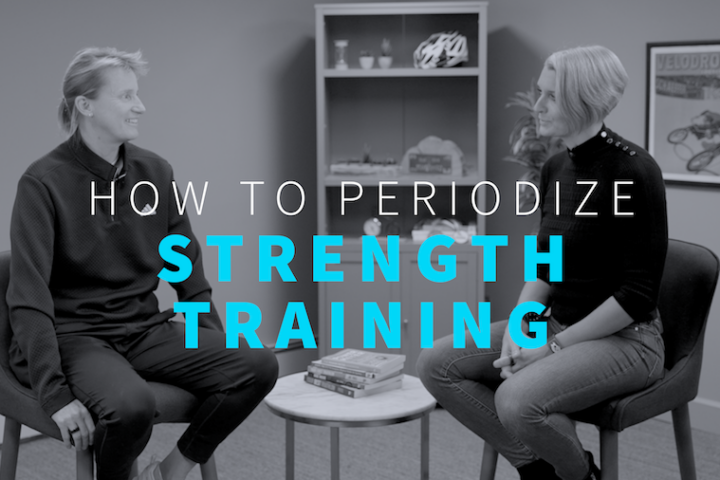
A top strength coach shares her insights on how to structure strength training for endurance athletes.
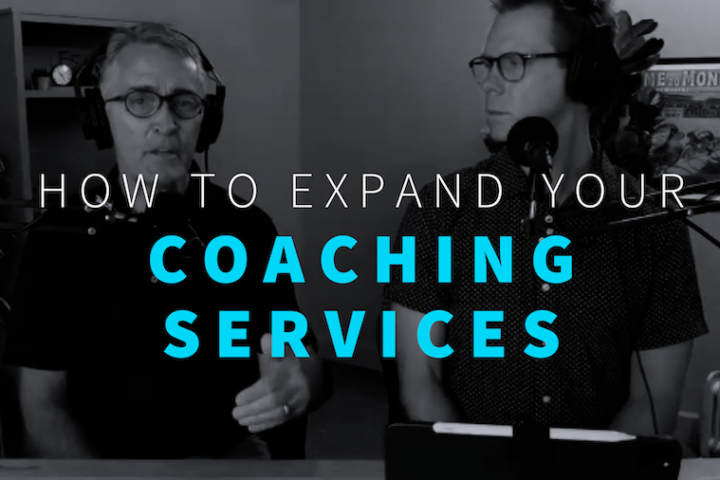
Most coaches have additional expertise to offer their athletes as services, but there’s more than one way to grow your coaching business.
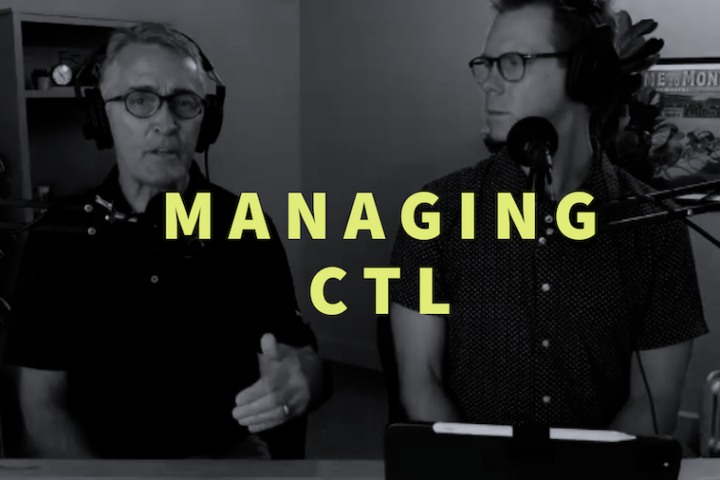
Coaches want to see CTL, or fitness, on the rise. But there are times in the season when CTL will go down. Joe Friel explains why this is critical.